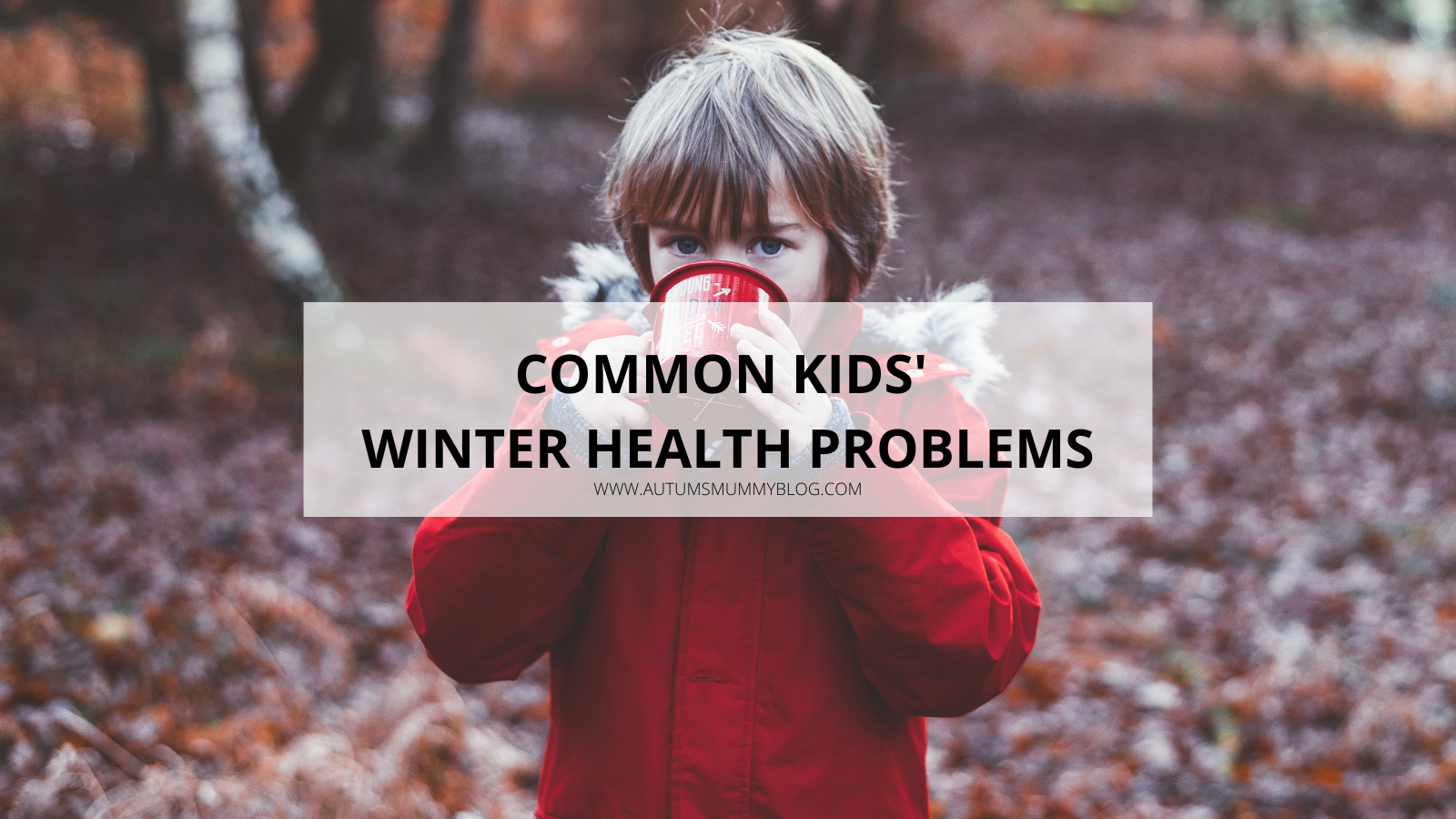Collaborative Post¦ Health problems in the winter are rife, especially amongst children. Nurseries and primary schools can be ground zero for germs and bacteria, and your child will bring all of these home with them at least 5 times a week. And seeing as we spend more time indoors when it’s cold outside, these germs will spread quickly.
So it’s best to know the signs. A simple sniffle can very soon turn into a full blown case of something like Bronchitis. But knowing how to keep the household germ profile low, and then getting treatment started early, are the best things to do. Check out some advice below.
Colds and Flu
Colds and flu are an obvious one here, but some cases can get a little more serious – more on that below. Teaching kids to wash their hands regularly is great for healthy habit forming, but it’s not something you can solely rely on. It’s best to keep your home as disinfected as possible during the winter, to keep germ spread contained, and to help you catch anything out of the ordinary early on.
Whooping Cough
Whooping cough is characterised by the general ‘whooping’ sound of someone trying to catch their breath after a bout of coughing. However, before it gets to that stage, it can seem very much just like a normal cold.
As such, if your child is prone to catching colds, it might be best to take them to the doctor during the colder months as soon as you notice the usual runny nose and red eyes. Indeed, whooping cough is a good example of a more serious illness that’s common amongst children that can masquerade as something else, so always edge on the side of caution.
Vitamin Deficiencies
A vitamin deficiency doesn’t sound like too big a problem, but it can soon turn into one! And these are a lot more common during winter, when we don’t get too much sunlight and our bodies work a bit harder to keep us warm. But if you know iron deficiency symptoms and can spot them before they progress, you can avoid a slew of breathing and blood problems as they get older.
Similarly, if you ensure your kids always wrap up warm, put a bit more protein into their diet, and get outside for at least 20 minutes a day, you can keep the most common deficiencies at bay.
Seasonal Affective Disorder
Do you notice your kids getting a bit more upset, tired, and frustrated during the winter? It could be because of seasonal affective disorder, or SAD. This is a type of depression that affects most people around the world, but it can go ignored in kids. People can write it off as misbehaving or something a child will grow out of, but if you notice a pattern over time, it might be worth speaking to a doctor about it.
Winter can be an unhealthy season. Check for symptoms like these regularly in your house.
